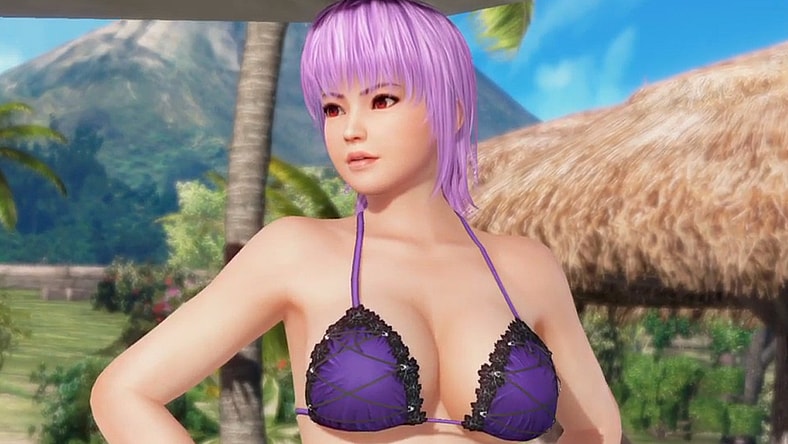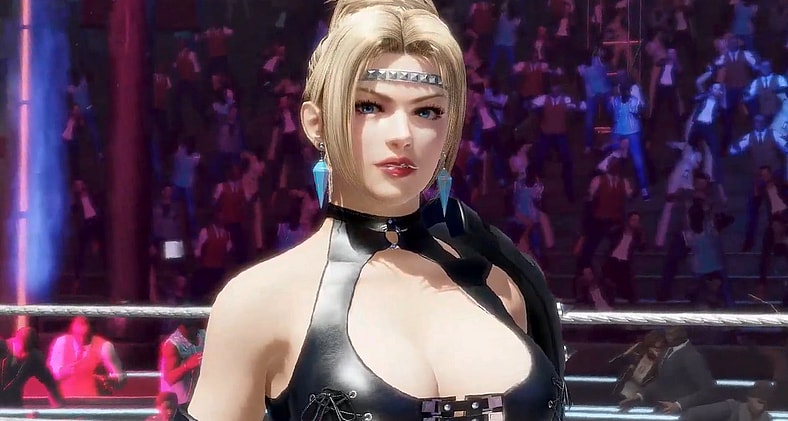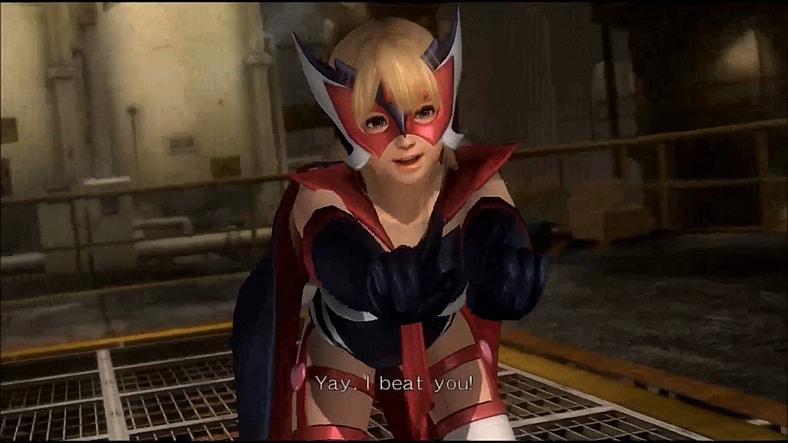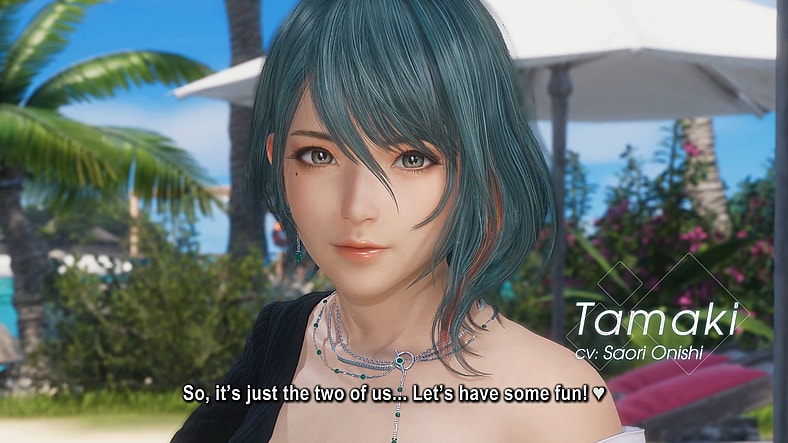Koei Tecmo Exec Reveals Company Issues Takedown Requests Against Thousands Of Inappropriate ‘Dead Or Alive’ Fan Art Pieces Every Year In Attempt To Protect IP, Says Characters Are Considered “Like Daughters”

According to Koei Tecmo Managing Executive Officer Tomotoshi Nishimura, the developer’s ongoing work towards protect the public-facing identity of their massively popular Dead or Alive franchise has resulted in their issuing thousands of take down requests against what they deem as ‘inappropriate fan art’.

RELATED: Dead or Alive Bootleg DVD Draws Copyright Infringement Lawsuit From Koei Tecmo
Nishimura revealed this insight into Koei Tecmo’s corporate operations while speaking alongside representatives from a number of his fellow Japanese video game studios, such as Capcom and Nintendo, on the topic of “The Importance of Intellectual Property Rights in the Game Industry”, as held during the recent Tokyo eSports Festa 2025.
Per a recap of the panel provided by Japanese video game news outlet Game Watch, Nishimura opened the discussion by noting that in terms of his employer’s copyright protection-related efforts, one such area where they tried to afford particular leniency was that of “secondary works such as doujinshi [self-published print media]”.

Further, he noted that the company was not only tolerant of ‘otaku culture’, but even supported one of its biggest gatherings in the form of the annual Comic Market (Comicket) marketplace event.
However, despite this espoused support, Nishimura clarified that there were two notable exceptions to their doujinshi-related good will: Publications that published leaked images relating to unreleased games and those that portrayed the franchise’s cast of fighters in a way that Koei Tecmo themselves believed to be “inappropriate”, with their efforts against the latter amounting to roughly 2,000 to 3,000 takedown requests being issued every year to infringing users across various social media platforms.

From there, Nishimura closed out this section of the presentation by explaining that to attendees that rather than an inherent objection to sexual content or fan expression, these takedowns were issued in an effort to protect their IP’s ‘official image’, particularly as the female Dead or Alive cast were considered to be “like daughters” to both their respective designers and the overall company.
Finally, as the panel drew to a close, the Koei Tecmo exec ultimately concluded that while the laws surrounding IP rights are not perfect and many will have their issues with them, they are still the most valuable tool in the industry’s fight against copyright infringement, and thus it is imperative that those involved work to find workable, legal solutions.

Interestingly, this is not the first time the Dynasty Warriors franchise stewards and their copyright protection practices have made the news.
In 2021, Koei Tecmo filed charges against a Japanese individual who was selling a bootleg DVD compilation of Dead or Alive modded cutscenes which replaced the girls’ original character models with ones depicting them as fully nude, which the developer accused of being “an infringement of our copyright”.

Sadly, given the recent history of not just the franchise, but the overall video game industry, it’s likely Nishimura’s mention of Dead or Alive will be one of the last times it receives any official mention for the foreseeable future.
To this end, the franchise may see one last burst of attention later this year when Dead or Alive Xtreme: Venus Vacation Prism releases for the PC platform.
NEXT: Capcom Takes Aim At PC Game Modding, Says Developers Should Be Concerned Over “Mods That Are Offensive To Public Order and Morals”
